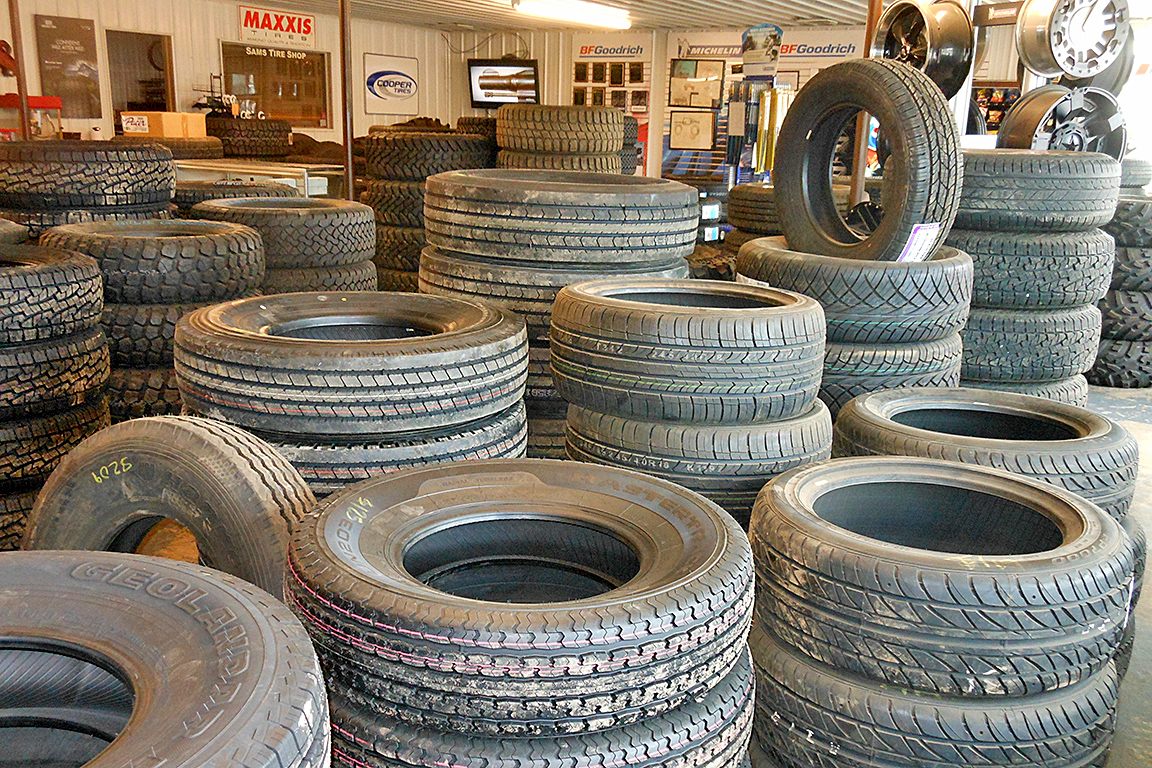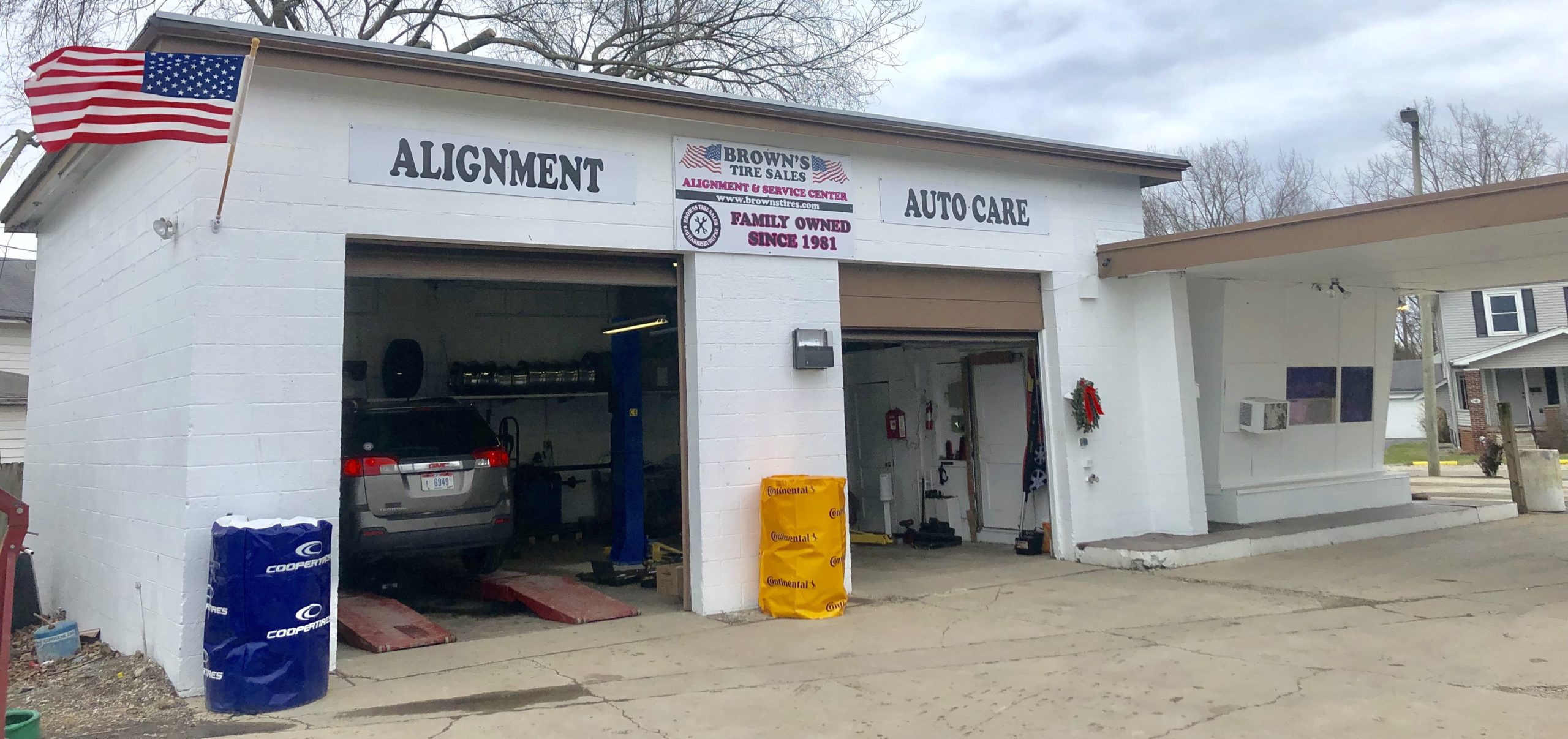Rev Up Your Drive with Morris Tire: Your Reliable Tire Shop Near Me
Rev Up Your Drive with Morris Tire: Your Reliable Tire Shop Near Me
Blog Article
The Ecological Advantages of Correct Tire Upkeep
Preserving proper tire care is frequently ignored, yet its influence on the environment is profound. From lowering fuel intake to decreasing discharges result, the benefits are far-reaching. Correct tire maintenance not just extends the lifespan of tires but also reduces landfill waste and contributes to enhanced air top quality. The interconnectedness of these benefits highlights the vital role that straightforward upkeep practices can play in promoting ecological sustainability.
Minimized Fuel Intake
Improving tire maintenance methods can lead to a considerable decrease in gas intake for cars. According to the U.S. Division of Power, underinflated tires can decrease gas mileage by 0.2% for every 1 psi decrease in stress in all four tires.
In enhancement to tire stress, routine tire rotations and placements also play a vital role in gas efficiency. Erratically worn tires can boost fuel intake as the engine works harder to preserve rate and traction. By maintaining correct positioning and turning tires at recommended intervals, drivers can make sure also put on and lengthen the life of their tires, ultimately conserving fuel and minimizing their carbon impact.
Extended Tire Life Expectancy
Prolonging the lifespan of tires is an essential facet of efficient car upkeep techniques that can generate cost savings and environmental advantages in the future. By properly maintaining tires, drivers can dramatically lengthen their usability, lowering the regularity at which new tires need to be made and old ones gotten rid of. This not only conserves useful resources but likewise reduces the power and exhausts related to tire manufacturing and disposal processes.
Regularly inspecting tire pressure, revolving tires, and ensuring proper placement are necessary action in prolonging tire lifespan. Sufficient tread deepness is crucial for optimum grip and safety, yet it additionally plays a role in how lengthy tires can be used before needing replacement. Furthermore, avoiding aggressive driving behaviors that speed up tire wear, such as rough stopping and doglegs, can additionally enhance tire durability.
Inevitably, enhancing the durability of tires through proactive upkeep not just benefits the atmosphere by minimizing waste and conserving resources yet likewise results in set you back financial savings for lorry owners by postponing the requirement for brand-new tire purchases.
Reduced Emissions Output
Reliable tire upkeep practices add to a decrease in exhausts output, straightening with ecological sustainability objectives in the vehicle industry. By preserving ideal tire stress degrees, vehicle drivers can help reduce these adverse environmental impacts.
Moreover, well-maintained tires additionally boost traction and minimize pop over to this site rolling resistance, further improving fuel performance. This, subsequently, lowers the amount of exhaust gases released right into the environment. Furthermore, making certain tires are properly blown up and straightened can expand the lifespan of the tires, lowering the frequency of tire replacements and the associated environmental expenses of tire production and disposal.

Lowered Land Fill Waste
Provided the favorable influence of appropriate tire upkeep on reducing exhausts result, an additional substantial environmental benefit is the possibility for reduced landfill waste. By making certain that tires are appropriately inflated, straightened, balanced, and turned routinely, their life-span can be dramatically prolonged.

Improved Air High Quality
Enhancing air quality through proper tire upkeep practices is an important aspect of sustainable ecological stewardship. When tires are underinflated, they produce more rolling resistance, bring about increased fuel intake and greater discharges of harmful pollutants such as carbon monoxide gas and nitrogen oxides. Effectively filled with air tires not just boost fuel effectiveness but also reduce the quantity of pollutants launched into the air.
In addition, properly maintained tires with proper tread deepness and alignment contribute to safer motoring problems, minimizing the chance of crashes that can result in the launch of additional toxins into the environment. By prolonging the lifespan of tires click to find out more through regular maintenance and turning, fewer tires are disposed of too soon, reducing the environmental effect of tire disposal and manufacturing processes.
Verdict
Finally, appropriate tire maintenance offers numerous environmental advantages. By minimizing fuel consumption, prolonging tire life-span, lowering emissions outcome, decreasing land fill waste, and boosting air quality, people can add to a much healthier planet. These efforts not just benefit the environment however additionally help to preserve resources and decrease overall environmental impact. It is necessary for people to focus on tire maintenance as an easy yet reliable means to protect the atmosphere for future generations.
Appropriate tire maintenance not just extends the life expectancy of tires yet likewise reduces garbage dump waste and adds to boosted air top quality - discount tires morris il. By keeping appropriate alignment and rotating tires at recommended intervals, vehicle drivers can guarantee even lengthen the life and wear of their tires, eventually saving fuel and decreasing their carbon footprint
By effectively keeping tires, chauffeurs can dramatically lengthen their functionality, lowering the frequency at which brand-new tires require to be produced and old ones disposed of.Regularly inspecting tire pressure, revolving tires, and ensuring correct click for source placement are essential steps in prolonging tire lifespan. Additionally, guaranteeing tires are effectively pumped up and lined up can prolong the life-span of the tires, reducing the regularity of tire replacements and the connected environmental expenses of tire manufacturing and disposal.
Report this page